Protection and Improvement of Living Standards of Domestic Workers

CAMPE, in collaboration with The Daily Star, organised a roundtable titled "Protection and Improvement of Living Standards of Domestic Workers: Our Role" on December 18, 2024. Here we publish a summary of the discussion.
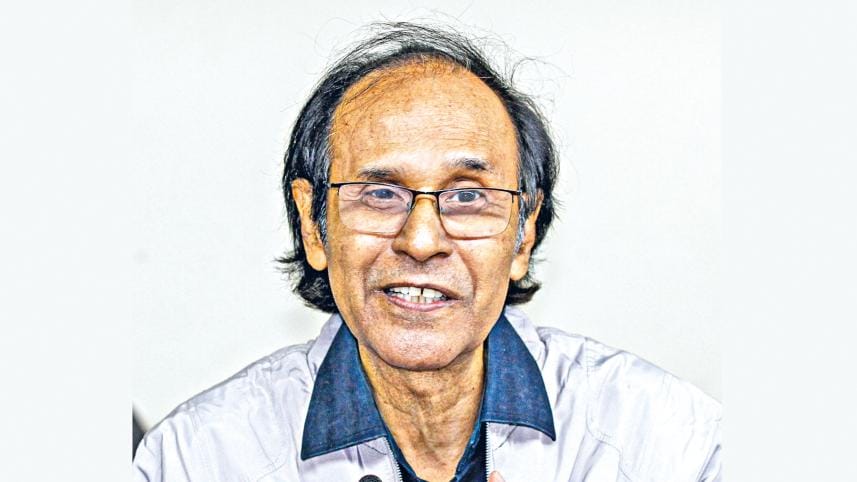
Tapon Kumar Das, Deputy Director, Campaign for Popular Education
The 2022 Labour Force Survey reports 1.65 million domestic workers in Bangladesh, though estimates from non-state actors suggest the actual number may range from 7 to 10 million. Studies highlight that most domestic workers lack basic education, with 61% not having received primary or alternative education and 99% without secondary education. Many also lack formal training certifications. Domestic workers often face difficult working conditions, including undefined working hours, irregular pay, mistreatment, and poor health support. Despite the introduction of the Domestic Workers' Protection and Welfare Policy in 2015, its implementation has been limited, and progress has been slow.
To improve their situation, eight NGOs, supported by Oxfam, launched the SUNITI Project to advocate for domestic workers' rights. This includes pushing for the inclusion of "domestic work" under the Labour Law, endorsing ILO Convention 189, offering non-formal education and vocational training, ensuring decent work conditions, providing legal documentation like joining letters, and establishing health support and minimum wage regulations. Despite challenges, a new initiative funded by the EU and coordinated by Oxfam continues to address these issues.
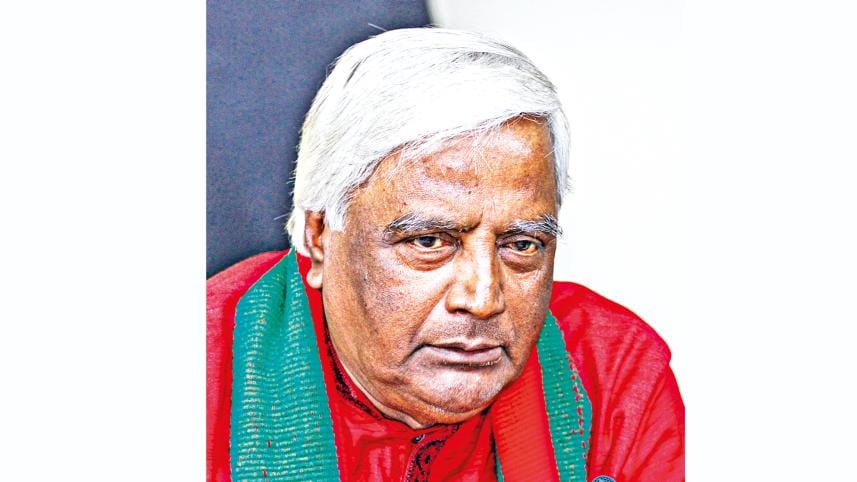
Abul Hossain, Acting Coordinator, Domestic Workers Rights Network (DWRN)
Our demand is straightforward: we are labourers, and we want our rights to be established. We seek recognition, dignity, and security, as guaranteed by the Constitution. The Labour Law of 2006 states that the law is applicable to all labourers. However, it explicitly excludes domestic workers, dashing our hopes.
The government's "Domestic Workers' Protection and Welfare Policy 2015" is a comprehensive document, rare in its scope as an executive policy. It refers to previous decrees, including the 2011 High Court verdict, and declares that all benefits outlined in the draft policy should be ensured by the state until the enactment of a law. Yet here we are in 2025, still waiting for tangible outcomes.
The Labour Reform Commission's first meeting included domestic and cleaning workers. If the government does not grant us our rights, we are determined to earn them ourselves. I have faith in the committee's recommendations and remain hopeful that our voices will finally be heard.
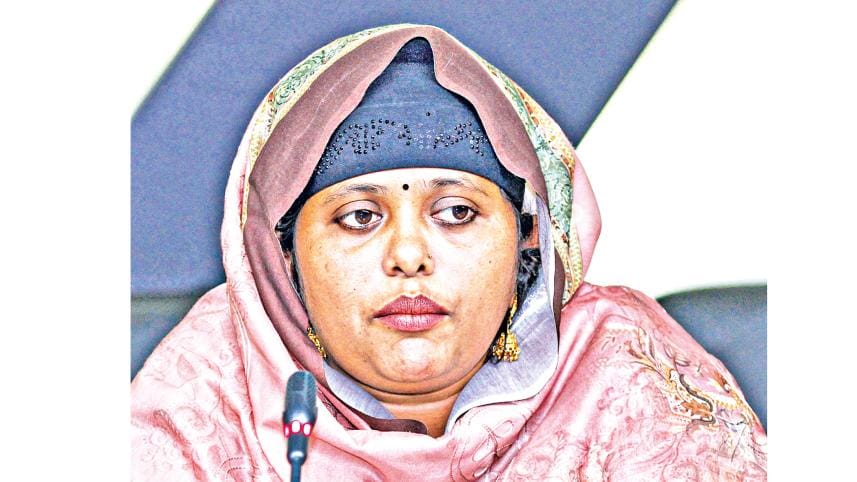
Lipi Begum, Domestic Worker, Kallyanpur Pora Bosti
As domestic workers, we are treated unfairly and without dignity. Despite working tirelessly to maintain households, when we ask for water, we are given old, dirty glasses, different from those we clean every day. We are not allowed to sit on the sofas or beds we clean and can only sit on the floor. Unlike RMG workers, we do not receive bonuses, vacations, or even basic rights like fixed working hours or a weekly day off. If we break something by accident, we face verbal and sometimes physical abuse, and are forced to pay for damages, with costs deducted from our wages. Our wages remain stagnant, and we have no job security. If we complain, we are threatened with being laid off. Even taking a day off requires us to finish all the work first. Our struggles continue as there is no legal protection for us.
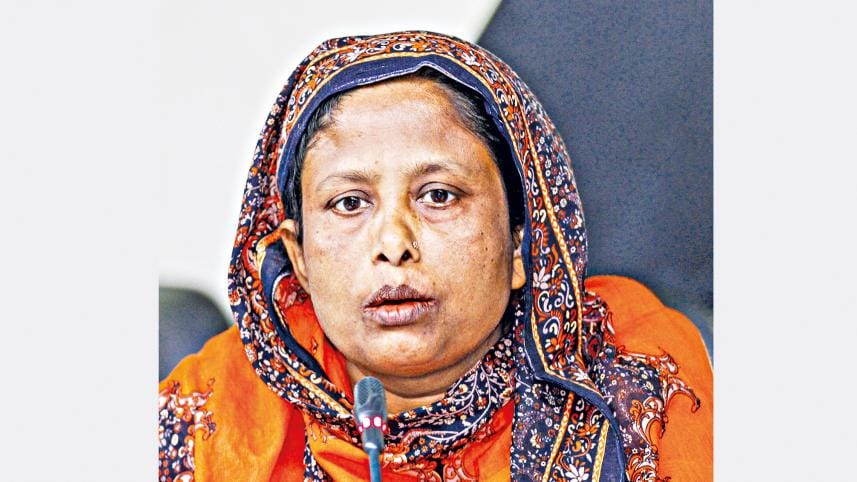
Champa Begum, Domestic Worker, Kallyanpur Pora Bosti
Domestic workers like us do not get time off, even during pregnancy, and are forced to do heavy household tasks. For small mistakes, like mixing up clothes during washing, we are verbally abused, insulted, or slapped. Our work is undervalued; we are seen as "servants" despite being essential to maintaining households. We have no formal appointment contract, leaving us vulnerable to unfair layoffs without wages. Without legal protection or contracts, we face immense financial hardship when suddenly dismissed, struggling to provide for our families.
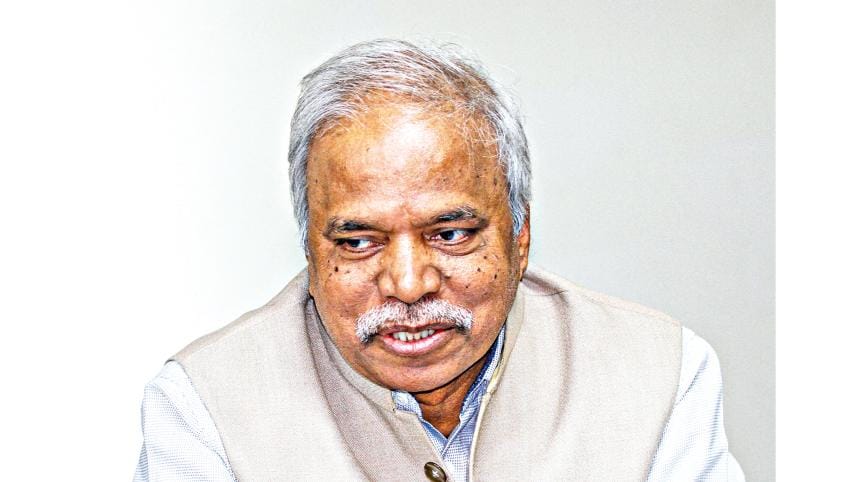
Syed Sultan Uddin Ahmed, Executive Director, Bangladesh Institute of Labour Studies (BILS) & Chairperson, Labour Rights Commission, Interim Government
Domestic workers in Bangladesh face severe challenges, exemplified by Kalpana, a house help subjected to brutal torture, whose condition in the burn unit was dire. Her parents revealed they had not been allowed to visit her for six years. Similarly, another domestic worker was recently rescued from Bashundhara after being confined for years while caring for a bedridden patient. Her "crime" was wanting to visit her family during Eid.
The core issue confronting our domestic workers is the pervasive system that fuels their exploitation and strips them of essential dignity and rights. To address this, ensuring their formal registration is crucial. This is feasible with collaborative efforts from the Social Welfare and the Local Government Ministries. For instance, registering workers under the government's 'Somota' universal pension scheme for low-income individuals could incentivise employers to contribute to their well-being, with shared deposits from employers, workers, and government support.
Such registration would provide domestic workers with government recognition, compelling the Labour Ministry to protect their rights. This step would also combat the culture of discrimination, which impacts both domestic workers and employer families, as children either internalise or become desensitised to this inequality. Establishing regular communication channels with authorities and mandating employer accountability can significantly reduce abuse and uphold domestic workers' dignity.
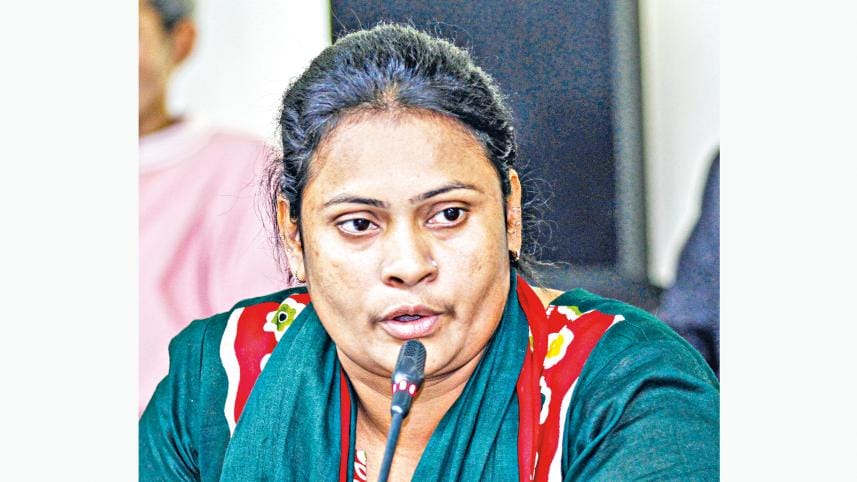
Zakia Sultana, Domestic Worker
I urge the government to prioritise comprehensive skill development programmes for domestic workers and recognise us under the Labour Law 2006. While the Domestic Workers' Protection and Welfare Policy 2015 outlines provisions such as forming a monitoring cell under the Labour Ministry, these remain unimplemented. Without action, domestic workers continue to face exploitation and invisibility.
On behalf of 4 million domestic workers, I ask: how long must we suffer and be tortured for meaningful change? Until domestic workers are included in the Labour Law, the 2015 policy must be enforced. Additionally, platforms for awareness and dialogue must involve domestic workers so that we can voice our concerns directly.
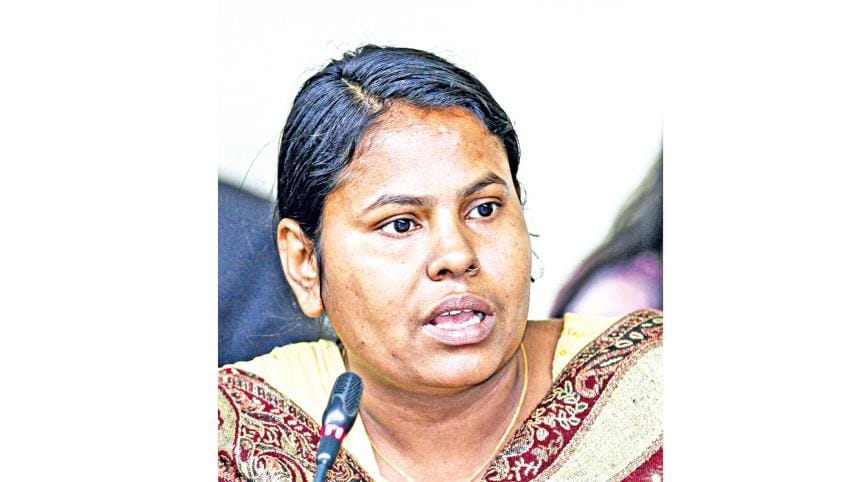
Salma, Domestic Worker
Domestic workers remain excluded from the Labour Law, and the Domestic Workers' Protection and Welfare Policy 2015, though formulated, has yet to be implemented. If our rights were enshrined in law, we could rightfully demand a weekly day off, formal contracts, or maternity leave. Currently, we have limited vacation opportunities and inadequate compensation. I humbly request the government to pass the law for us; then we can fight to overcome the rest of the challenges ourselves.

ABM Khorshed Alam, Consultant, The World Bank & Former CEO, NSDA
I believe many incidents of violence against domestic workers stem from their lack of skills. When I was with the National Skill Development Authority (NSDA), I worked on initiatives to enhance domestic workers' skills. With proper training, incidents like breaking a glass or burning clothes could be avoided, which, in my opinion, would reduce violent encounters by 50 at least per cent.
Addressing domestic workers' challenges requires revising the Labour Law to include them, as formulating new laws is a lengthy process. Mandating specific working hours, safe resting places, and housing facilities is crucial. Domestic workers, particularly those from rural areas without local support, need secure housing, much like working women's hostels. Providing such facilities would significantly reduce violence and improve employer attitudes. The Government's Labour Welfare Foundation, funded by contributions from multinational corporations like Unilever, can allocate resources to these initiatives. Transparent use of these funds is essential to support domestic workers' welfare.
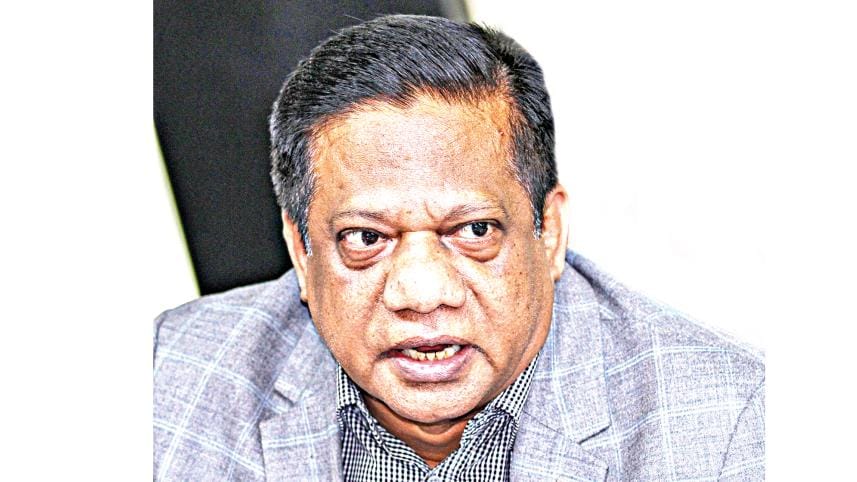
Mirza Nurul Ghani Shovon, Chairperson, Informal Sector Industry Skills Council (ISISC)
Policy and law are fundamentally different. In our country, where constitutional laws are often poorly implemented, policies tend to be even less effective. What we urgently need is a dedicated law to protect the rights of domestic workers. Such legislation should be comprehensive, addressing housing, security, and healthcare facilities for them.
The government's existing incentives and social safety net programmes can be extended to include domestic workers. In this regard, the Social Welfare Ministry has a crucial role to play. Additionally, there should be a dedicated constitutional body responsible for all matters concerning domestic workers, including the protection of their rights, provision of facilities, and overall management.
This is a pressing issue that must be addressed during the tenure of the interim government; otherwise, it might never be addressed because, despite highlighting these issues to previous political governments time and again, there has not been any tangible progress.
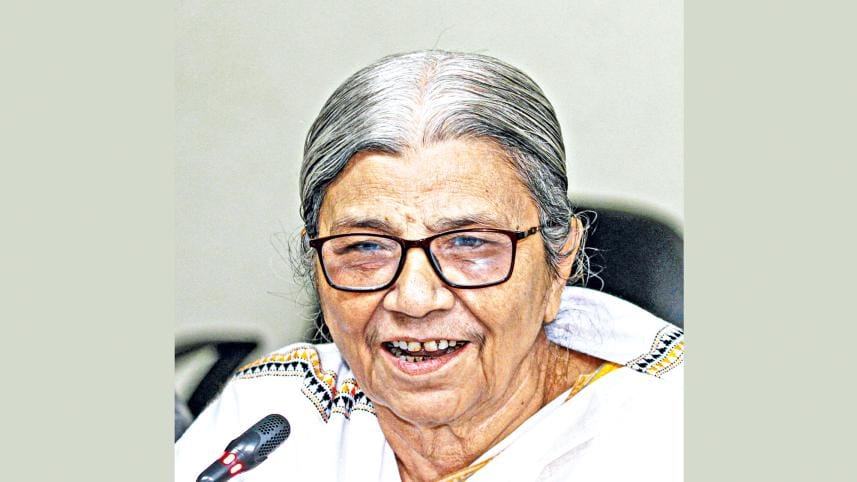
Dr. Fauzia Moslem, President, Bangladesh Mahila Parishad (BMP)
Firstly, I would like to highlight that while we are advocating for the protection of domestic workers, we must ask ourselves: are we even recognising domestic work or care services as a distinct sector? In our country, care services are undervalued. If care services were acknowledged as a legitimate sector, the establishment of domestic workers' rights would naturally follow. The Social Welfare Ministry has a crucial role to play in this regard, but recognising domestic workers as labourers and ensuring their rights and dignity falls under the mandate of the Labour Ministry.
To build a society free from discrimination, we must first address the deeply rooted biases in our culture, attitudes, lifestyles, and gender norms. Alongside this cultural shift, supportive laws must be enacted to ensure domestic workers' rights and dignity. Change must start from within, at the individual level. Only then can care work be valued as an essential job, and the contributions of domestic workers be properly recognised and appreciated.
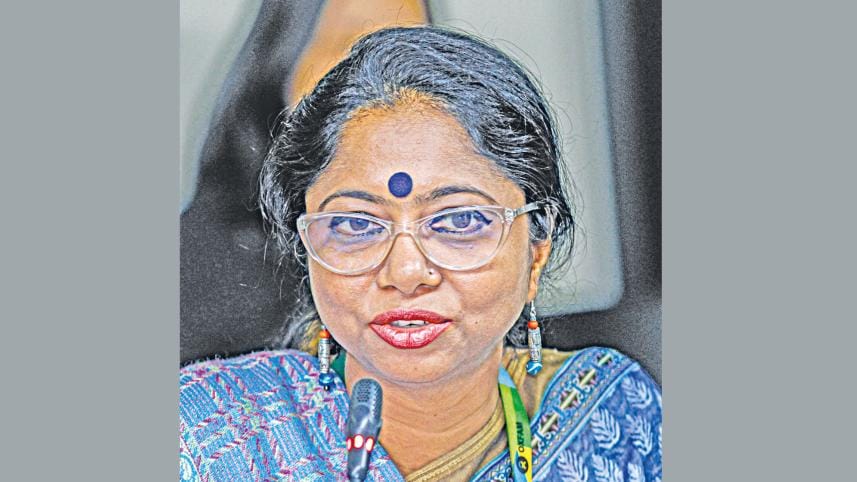
Shahajadi Begum, Programme Coordinator, Oxfam in Bangladesh
Oxfam in Bangladesh has been working with domestic workers for the past 12 years, and it is clear that incorporating domestic workers under the Labour Law is essential. I am able to speak here today because someone is shouldering the burden of work in my home, and this once again highlights the importance of this sector. It is crucial to recognise domestic workers as integral participants in the labour market, moving beyond a traditional sympathy-driven, humanitarian perspective.
We have collaborated with organisations present here and trialled two projects aimed at creating job contracts, setting working hours, and facilitating job placements. These initiatives are ongoing. From our experience, I can confidently say that there is no alternative to enhancing skill development for domestic workers. It not only benefits employers but also empowers the workers themselves. The issue of safety for domestic workers is critical—not only for their well-being but also for the job providers who rely on them.
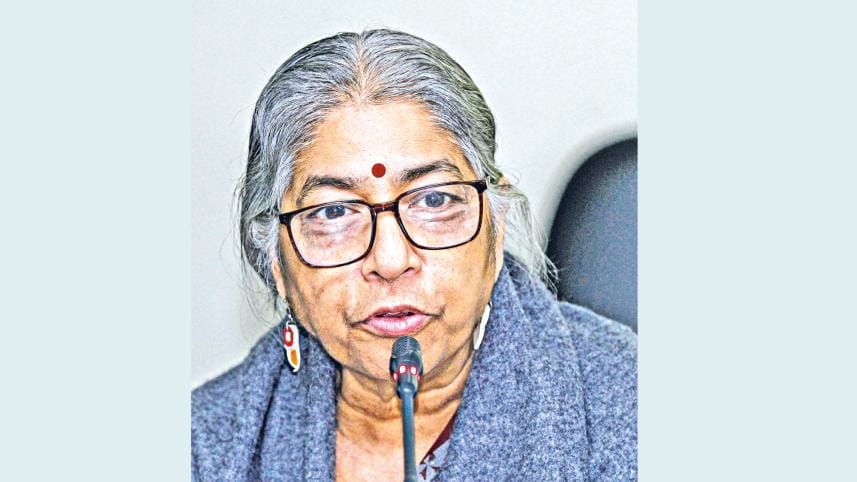
Shirin Parveen Haq, Founding Member & Prominent Human Rights Activist, Naripokkho
As the driving force behind the recently established commission, I am frequently reminded of the term ABRODH, which signifies solitary confinement and the degrading conditions endured by many domestic workers. This term aptly encapsulates the various predicaments faced by domestic workers, as they are excluded from any form of leave or humanitarian support. The urgent need for a robust legal framework, coupled with the introduction of universal pension schemes, cannot be overstated. Key measures such as registration through enrolment, reform and expansion of the existing labour welfare commission, and comprehensive training initiatives hold the potential to mitigate domestic workers' vulnerabilities. Over time, such efforts may also help overcome the stigma against domestic work as so-called 'menial jobs,' fostering dignity and inclusion for domestic workers.
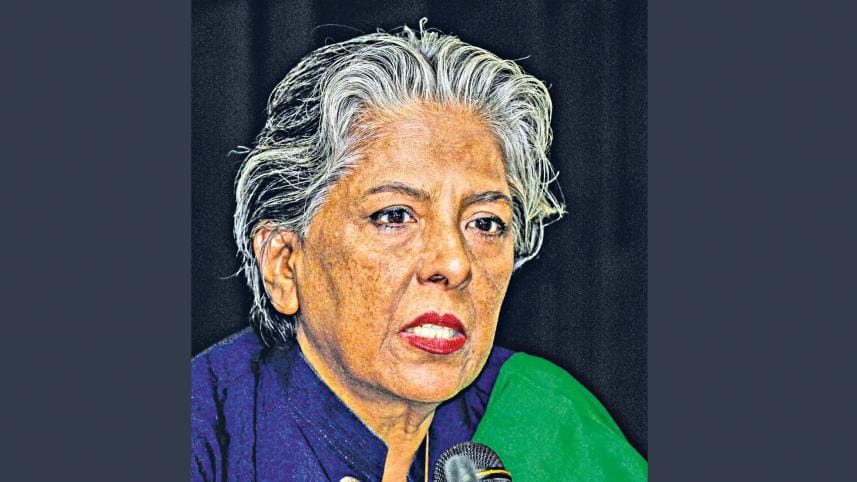
Sharmeen S Murshid, Honourable Advisor, Ministry of Social Welfare, Interim Government
As the head of the Ministry of Social Welfare and Women's Affairs, I must acknowledge that we often lag behind countries such as Sri Lanka, Nepal, and the Philippines in addressing issues concerning domestic workers. While the state bears a significant responsibility for ensuring the health and education of domestic workers' children, equal accountability rests with all stakeholders to prevent violence against them. Addressing child labour must remain a top priority. Currently, there are approximately four million domestic workers in our country, supported by 72 registered organisations advocating for their welfare. This underscores the pressing need for a dedicated authority to improve their conditions. We are also reviewing the Labour Welfare Commission and the Universal Pension Scheme proposed by the previous administration, with plans to introduce unique identification numbers and expanded digitalisation efforts.
It is deeply concerning that domestic workers remain largely excluded from mainstream integration. However, we are resolute in our commitment to ensuring their safety, dignity, and security. Achieving this requires close collaboration with ministries such as Labour, Home Affairs, Local Government, and Women's Affairs. Key issues such as wages, working conditions, and the provision of at least one day off per week must be prioritised. Any national policy or task force must transcend mere documentation, driving meaningful change. We firmly believe that a more equitable world is possible if these challenges are addressed with determination and collective action.
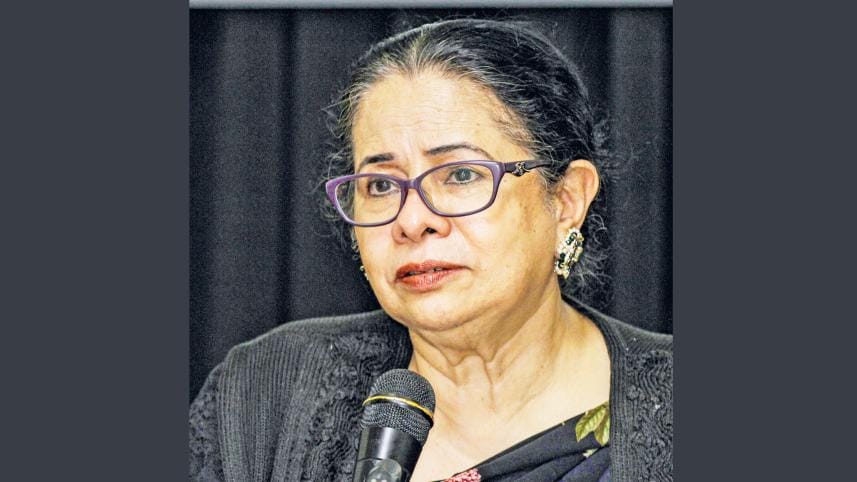
Rasheda K. Choudhury, Executive Director, Campaign for Popular Education
Despite efforts, minimum social security—basic income or support guaranteeing a minimum standard of living—remains an unrealised goal due to lack legal frameworks. Policies from the 2010s inspired optimism but failed to provide victims with access to justice. While violence against women once spurred media-led change, the rights, dignity, and security of domestic workers remain unacknowledged. Their work conditions often lack essential provisions such as appointment letters and fixed working hours, raising questions about employer accountability. Collaborative initiatives, such as the SUNITI project and partnerships with international entry like Oxfam, aimed to legitimise their struggles.
High admission fees in Dhaka schools and inadequate local academic opportunities highlight broader inequalities. With over 17,000 slums in and around Dhaka, many children of domestic workers rely on low cost madrasa education or NGO-supported schools.
International models, like India's 2016 Right to Education amendment and Nepal's Right to Free Education Act (2018), underscore the need for Bangladesh to strengthen its own educational commitments. Articles 17 and 28 of the Constitution enshrine education and non-discrimination, yet their implementation lags. Addressing these gaps aligns with global goals like the Sustainable Development Goals (SDGs) and the UN Convention on the Rights of the Child (UNCRC).
Inter-ministerial coordination is crucial for integrating welfare, education, and security for domestic workers and their children. Initiatives like the Bureau of Non-Formal Education (BNFE) demonstrate potential, but comprehensive reform requires a focus on accountability and collaboration with credible NGOs with good track records like Oxfam. The media must also challenge issues like child abuse and advocate for systemic improvements. Only integrated approaches can secure lasting guarantees for domestic workers.

Mahfuz Anam, Editor and Publisher, The Daily Star
As an editor, I have had the privilege of participating in pivotal discussions that embody the essence of perception, knowledge, and growth. The media's coverage of national issues should undeniably include the struggles of domestic workers, a cause that The Daily Star strongly supports. I urge relevant stakeholders to collaborate with the media to ensure meaningful and effective outcomes. I reaffirm my unwavering commitment to this cause.
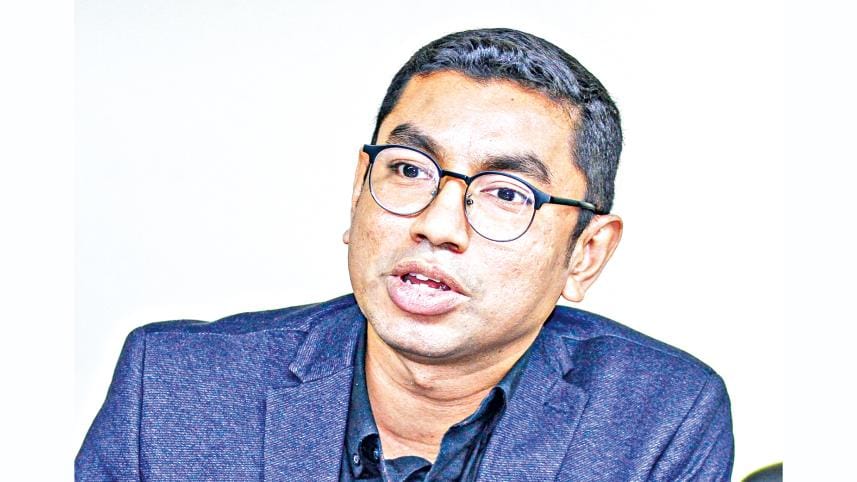
Tanjim Ferdous, In-Charge, NGOs & Foreign Missions, Business Development Team, The Daily Star (Moderator)
According to BBS, in Bangladesh, there are approximately 2.5 million domestic workers, of whom 80 per cent are women. Most of them have migrated from rural areas to urban areas in search of livelihoods. However, the lack of proper education, skills, and legal protection has made it challenging to ensure a safe and dignified work environment for them.
Although the government formulated the Domestic Workers' Protection and Welfare Policy in 2015, the lack of effective implementation means that domestic workers are still deprived of the fundamental rights granted under labour laws. They are not recognised as workers, which results in their exclusion from labour rights, protection, and social services.
Recommendations
- Include domestic workers within the Labour Law and establish a dedicated monitoring cell under the Labour Ministry to oversee their welfare in coordination with the Ministry of Social Welfare and the Ministry of Women and Children Affairs.
- Recognise domestic work as a formal sector.
- Endorse the legal framework necessary to implement the Domestic Workers' Protection and Welfare Policy, 2015.
- Establish training programmes for domestic workers and organise short-term orientation sessions for employers to promote behavioural change.
- Include domestic workers under the government's universal pension scheme, 'Somota,' and ensure their inclusion in social safety nets programmes.
- Ensure access to quality education for domestic workers' children.
- Create helplines and helpdesks for domestic workers.
- Actively promote a positive mindset towards domestic work.
- Ensure inter-ministerial coordination to integrate welfare, education, and security for domestic workers and their children.
- Establish regulations for minimum wage, working hours, joining letters, and provide security, healthcare, and housing for domestic workers.



 For all latest news, follow The Daily Star's Google News channel.
For all latest news, follow The Daily Star's Google News channel.
Comments